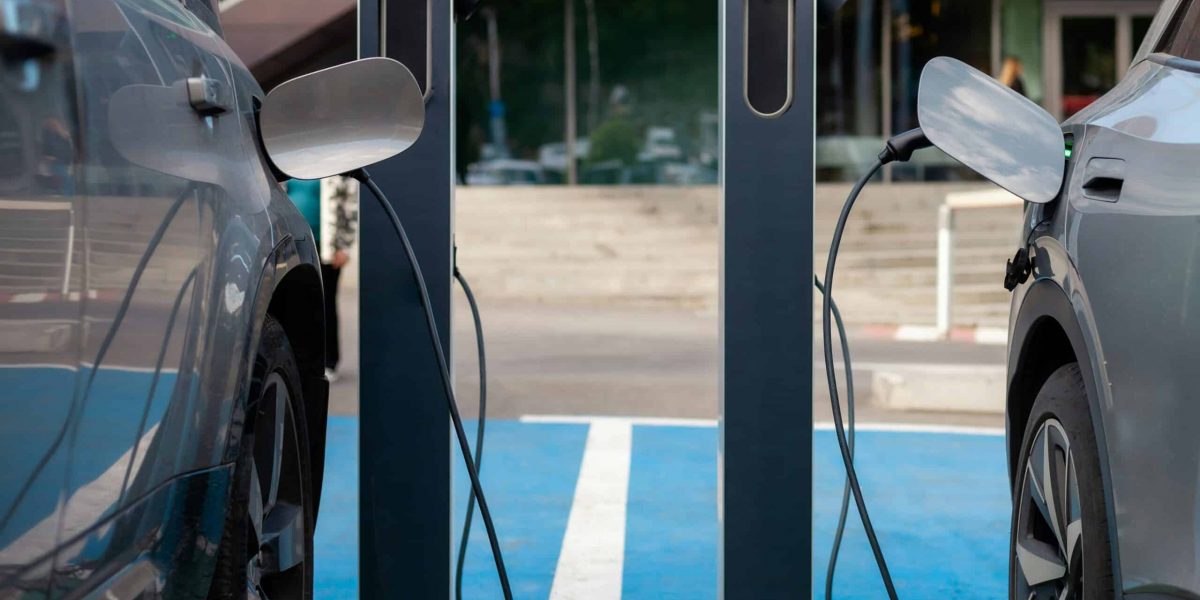Are Hybrid Vehicles Making a Comeback?
As consumers weigh the pros and cons of hybrids versus electric vehicles (EVs), hybrid vehicles are experiencing a resurgence. This renewed interest is driven by several factors, including advancements in hybrid technology, increased fuel prices, and growing environmental concerns. Hybrid vehicles, which combine a gasoline engine with an electric motor, offer a middle ground for those who are not yet ready to fully commit to an all-electric vehicle. They provide better fuel efficiency than traditional gasoline cars and are often more affordable than EVs.
One of the main reasons hybrids are becoming popular again is their versatility. They can switch seamlessly between the gasoline engine and the electric motor, optimizing fuel efficiency based on driving conditions. This adaptability makes hybrids a practical choice for various driving scenarios, from city commuting to long-distance travel. Additionally, hybrids typically have a longer range than EVs, as they are not solely dependent on battery power. This extended range alleviates concerns about finding charging stations on long trips, providing drivers with peace of mind.
What Are the Key Differences Between Hybrids and EVs?
Understanding the differences between hybrid vehicles and EVs is crucial for consumers making an informed decision. Hybrid vehicles use a combination of a gasoline engine and an electric motor, allowing them to switch between the two power sources depending on driving conditions. This flexibility can be particularly beneficial for long-distance driving and areas with limited charging infrastructure. Hybrids also tend to have lower upfront costs compared to EVs, making them more accessible to a broader range of consumers.
In contrast, EVs rely solely on electric power, which means they produce zero tailpipe emissions and can be more environmentally friendly over their lifetime. They are powered by rechargeable batteries, which need to be plugged into a charging station or outlet to recharge. While EVs typically have higher initial costs due to the expensive battery technology, they offer lower operating costs in the long run. Electricity is generally cheaper than gasoline, and EVs require less maintenance because they have fewer moving parts. The choice between hybrids and EVs often boils down to individual needs and circumstances, including driving habits, budget, and access to charging infrastructure.
Why Are Hybrids Gaining Popularity Again?
The resurgence of hybrid vehicles can be attributed to several factors. First, advancements in hybrid technology have made these vehicles more efficient and reliable. Modern hybrids offer improved fuel economy and lower emissions compared to older models, making them an attractive option for eco-conscious consumers. The development of regenerative braking systems, which recharge the battery while driving, further enhances the efficiency of hybrid vehicles.
The rising cost of gasoline has prompted many drivers to seek more fuel-efficient alternatives. Hybrids provide a practical solution by reducing fuel consumption without the need for a full transition to electric power. This makes them especially appealing in regions where gasoline prices are high or where charging infrastructure is still developing. Furthermore, many governments offer incentives and tax benefits for purchasing hybrid vehicles, making them an economically viable option for many consumers.
How Do Hybrids Compare to EVs in Terms of Cost?
When it comes to cost, hybrids and EVs have different financial considerations. Hybrids generally have lower upfront costs than EVs, making them more accessible to a wider range of consumers. They also qualify for fewer incentives and rebates compared to EVs, but their lower purchase price can offset this difference. On the other hand, EVs tend to have lower operating costs over time due to cheaper electricity compared to gasoline and fewer maintenance requirements. However, the higher initial investment in an EV can be a barrier for some buyers.
Operating costs are another critical factor in the comparison. While hybrids still require gasoline, their improved fuel efficiency results in lower fuel costs over time. EVs, conversely, benefit from the lower cost of electricity, which can result in significant savings on fuel. Additionally, the maintenance costs of EVs are generally lower because they have fewer moving parts and do not require oil changes. However, the cost of battery replacement, which may be necessary after several years of use, can be substantial for EV owners.
What Should Consumers Consider When Choosing Between Hybrids and EVs?
Consumers should consider several factors when deciding between hybrid vehicles and EVs. Driving habits and lifestyle play a significant role in this decision. For those who frequently drive long distances or live in areas with limited charging infrastructure, hybrids may be a more practical choice. Hybrids offer the flexibility of refueling at traditional gas stations while still benefiting from improved fuel efficiency.
On the other hand, for urban drivers who primarily use their vehicles for short trips, EVs can be a more cost-effective and environmentally friendly option. EVs are ideal for city driving due to their zero tailpipe emissions and the availability of charging stations in urban areas. Additionally, consumers should evaluate their budget, access to charging stations, and personal preferences for vehicle features and performance. The environmental impact of their choice and potential government incentives should also be considered.
As the automotive industry continues to evolve, the debate between hybrid vehicles and EVs remains a hot topic. While hybrids are experiencing a resurgence due to their affordability and improved technology, EVs offer a cleaner and more sustainable solution for the future. Ultimately, the choice between hybrids and EVs depends on individual needs, preferences, and driving habits. By carefully considering these factors, consumers can make an informed decision that aligns with their lifestyle and environmental goals.







